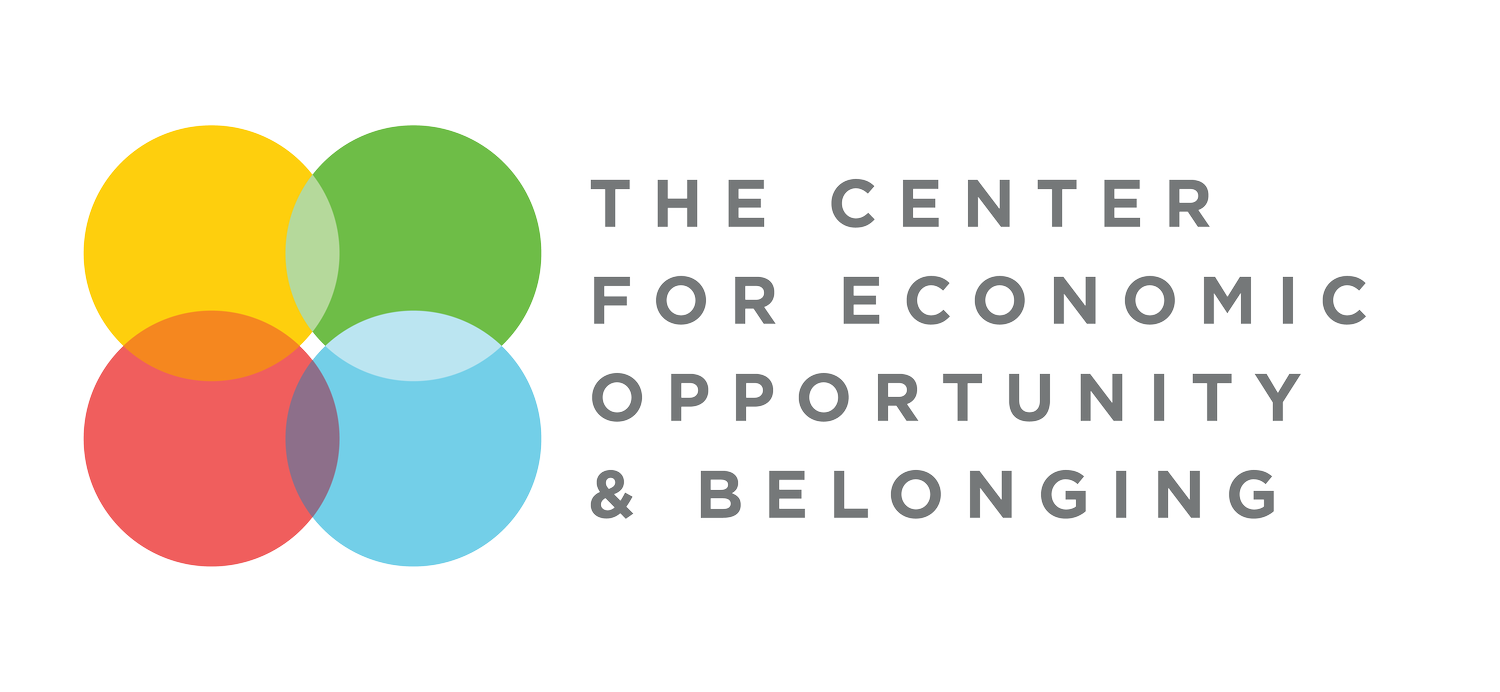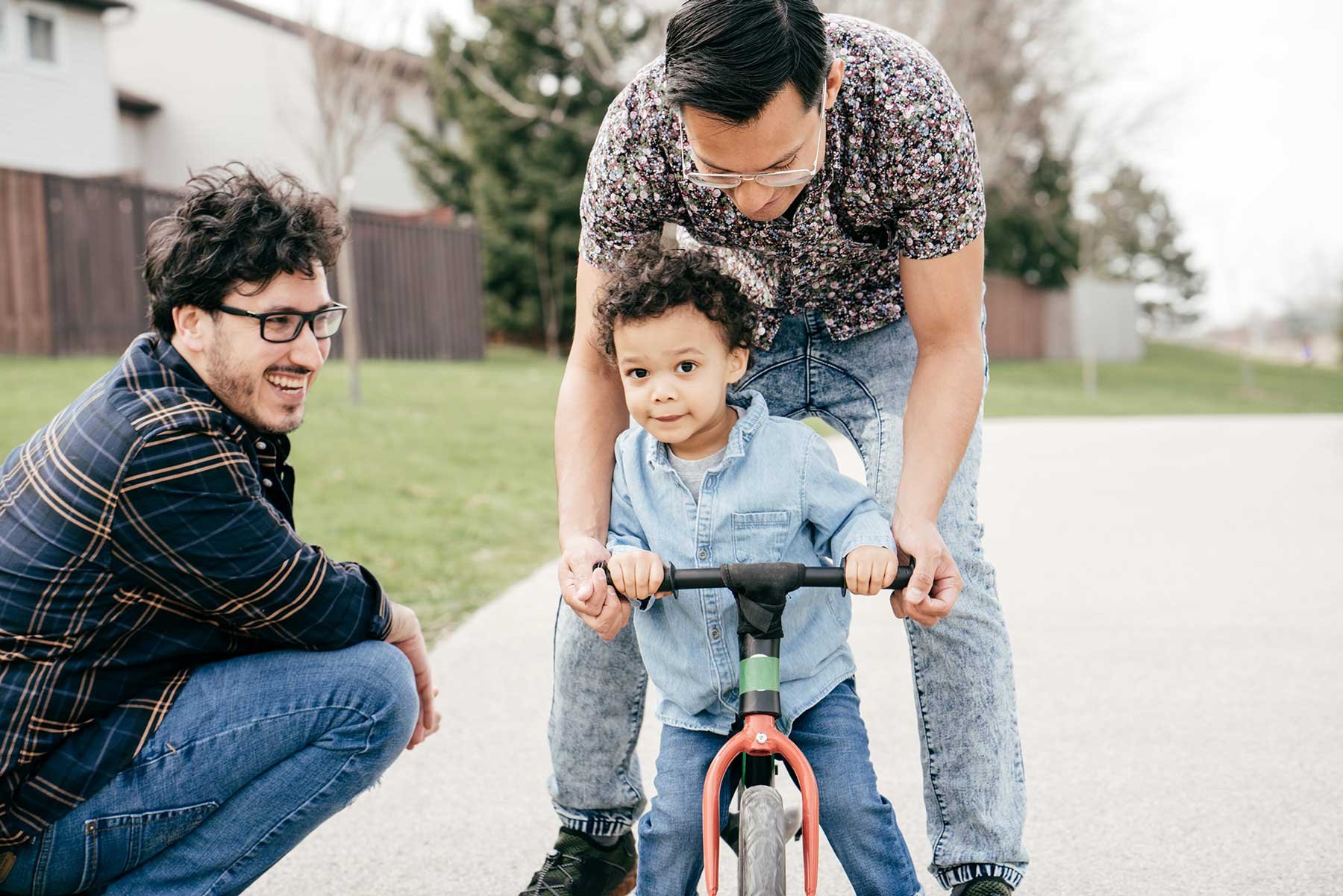Why Belonging
Belonging unlocks our collective potential
When Utahns belong – when they believe they are valued and are able to contribute their whole selves to their workplaces and communities – our entire state flourishes. We’re committed to fostering belonging in the areas where it matters most – and where we most need each other.
-

First-Rate Education
When students receive an education that improves their skills and confidence, they are more engaged, academically successful, and emotionally and socially whole.
-

Energized Economy
When individuals do work that fulfills their sense of purpose and financial goals, their performance, satisfaction, and health improve.
-

Dignified Housing
When residents of all backgrounds can find homes that make them proud and keep them safe, all of our children and families are safer, healthier, and more connected.
-

Vibrant Health
When everyone can comfortably get the care they need when they need it, we can all show up in our schools, jobs, and communities with more strength, courage, and pride.
First-Rate Education
K-12 students’ sense of belonging is linked to:
» Increased engagement in school
» Higher academic performance
» Better mental health
Source: Kaleen Healey and Chloe Stroman
75%
of low-income students graduate high school compared to the Utah average of 85%.
<15%
of Hispanic and American Indian Utahns have attained a Bachelor’s degree or higher compared to the Utah average of 34%.
59%
of low-income students meet 3rd Grade Literacy standards compared to the Utah average of 72%.
Sources: Promise Partnership and Kem C. Gardner Policy Institute
Energized Economy
Employees’ sense of belonging in the workplace is linked to:
» Better job performance
» Higher retention rates
» Fewer sick days
» Increased willingness to recommend one’s job
Sources:
See Harvard Business Review
American Immigration Council
<17%
of businesses in Utah are owned by female residents.
3x
American Indians are more than 3x more likely to be unemployed than the average Utahn.
$30k
lower median household income for Black residents than the Utah average, $18k less for Hispanic residents.
43.6%
of college-educated immigrants residing in Utah worked in jobs that didn’t require a bachelor’s degree.
Dignified Housing
Homeownership and stable housing is linked to:
» Improved educational performance of children
» Higher civic engagement
» Improved health outcomes
» Lower crime rates
» Reduced welfare dependency
Diverse neighborhoods are linked to:
» Increased job opportunities
» Higher levels of homeownership
» Improved health outcomes
» Higher earnings for children as adults
Sources:
National Association of Realtors, Margery Austin Turner and Lynette Rawlings
>30%
of Black renters spend at least 50% of their income on rent compared to the Utah average of 18.6%.
<30%
of Black households, 53% of Hispanic households, own their own home compared to the Utah average of 70%.
Source: Kem C. Gardner Policy Institute
Vibrant Health
Individuals’ sense of belonging is linked to:
» Increased longevity
» Reduced pain & stress
» Stronger immune systems & reduced susceptibility to disease
» Reduced cognitive decline & dementia
Sources: Angela Theisen, L.C.S.W.
2.5x
Black and Hispanic residents are more than 2.5x more likely to be uninsured than the average Utahn.
1.5x
higher infant mortality rates for Black children than for the average Utahn.
76%
of low-income adults are in good, very good, or excellent health compared to the Utah average of 87%.
Sources: Promise Partnership and Kem C. Gardner Policy Institute









